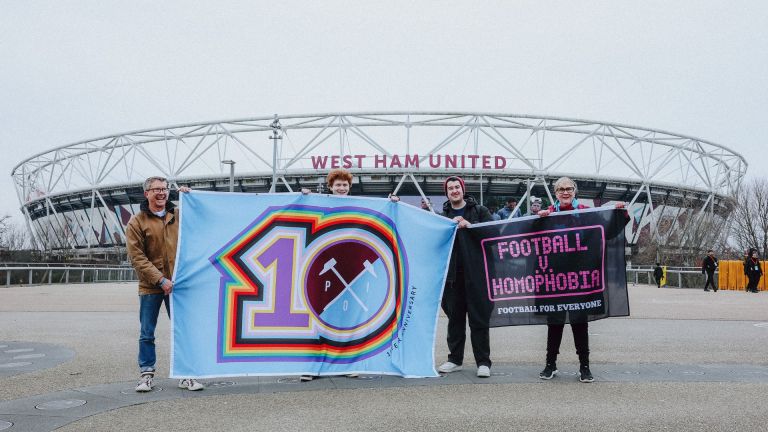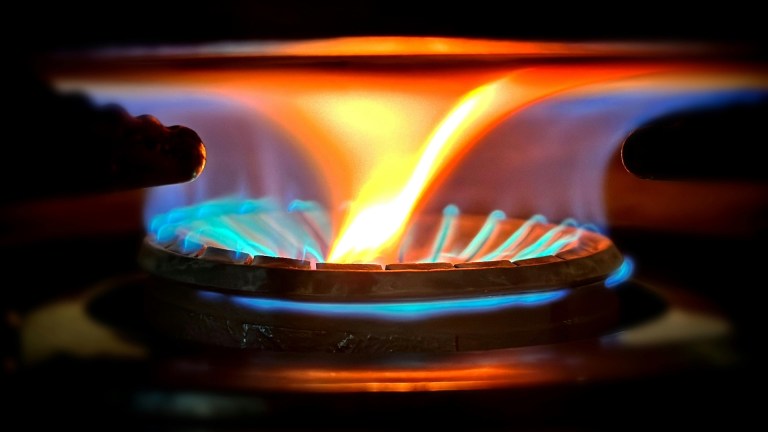Energy bills are heading for a third successive rise in April – exactly how much they’ll be increasing will be announced by Ofgem on Tuesday (25 February). But what is clear is that low-income households are in desperate need of more support with their energy bills.
What Ofgem will be announcing is how much the energy price cap will rise from April. The price cap is the mechanism used by Ofgem to limit the amount that can be charged by suppliers (though some would argue that it is a high limit).
The cap is currently set at £1,738 a year for a ‘typical’ household – if a household uses more than what Ofgem calculates as ‘typical’, then they will pay more than this. There are currently more than six million households in the UK in fuel poverty, spending more than 10% of their income on keeping their homes warm.
- ‘A national scandal’: Thames Water secures £3bn bailout after ‘disgraceful’ court ruling
- Is the cost of living crisis over and will prices in the UK ever come down?
- Gaslighting the public: How the energy industry is profiting from our pain as bills are set to go up
We are still some way off the extraordinary peak of the £2,500 a year bills and 7.5 million households in fuel poverty from April 2023, but make no mistake, energy bills being more than £1,700 a year is not normal. Before the energy crisis began in October 2021, a typical energy bill was £1,138. The shocking increases since then, coupled with the cost of living crisis and reduced government support, have stretched thin all remaining slack in the budgets of low-income households.
The impacts of more than three years of sustained high energy bills are stark. We regularly see households who are severely rationing their heating – with serious ramifications for health and mental wellbeing – and going without essentials. Emma is one such client we’ve helped. As a result of the high energy prices, Emma rationed her heating, prioritising keeping her home warm when her daughter or grandchildren visited. When they were not there, she said, ‘I tend to try and keep it off, sort of thing, just trying to cut back as much as possible.’ Emma also relied on food banks.
National Energy Action is calling for government intervention in three key areas. In the short term, there needs to be deeper, additional targeted energy bill support through a social tariff or an expanded warm home discount. The warm home discount currently provides £150 over winter to some households. In the past five years, annual costs have risen by hundreds, while the discount has risen by £10. It currently goes to three million households, but we calculate that double that number are in fuel poverty. Compounding this is the change to the winter fuel payment to make it means-tested. At a time when there needs to be more support for vulnerable households, there is less.










